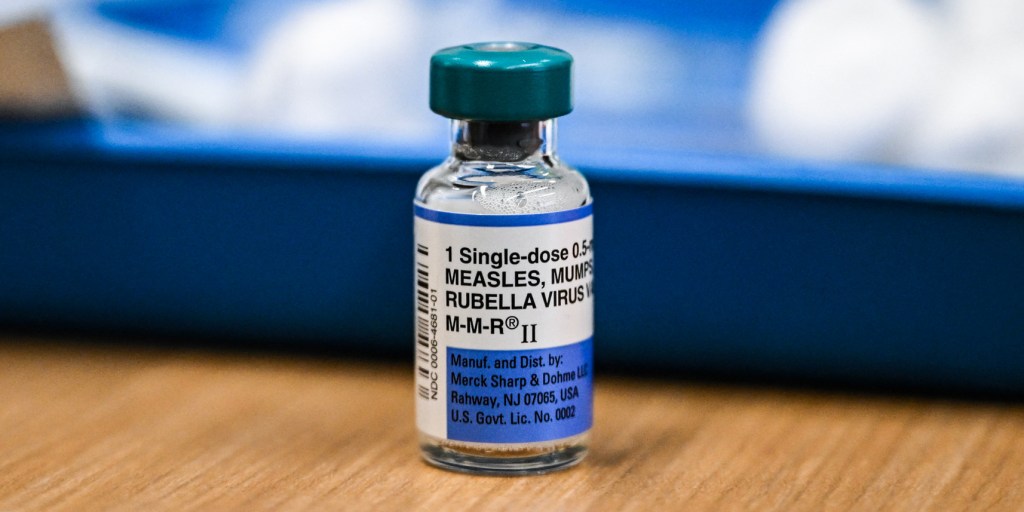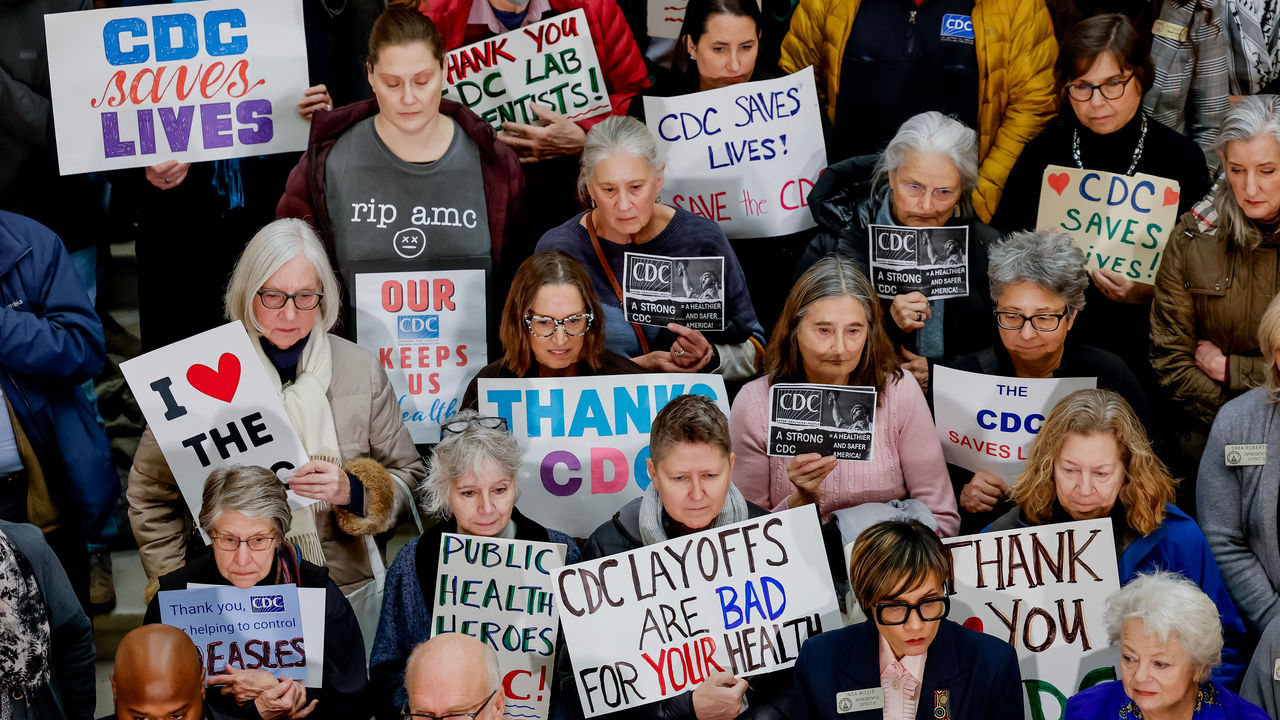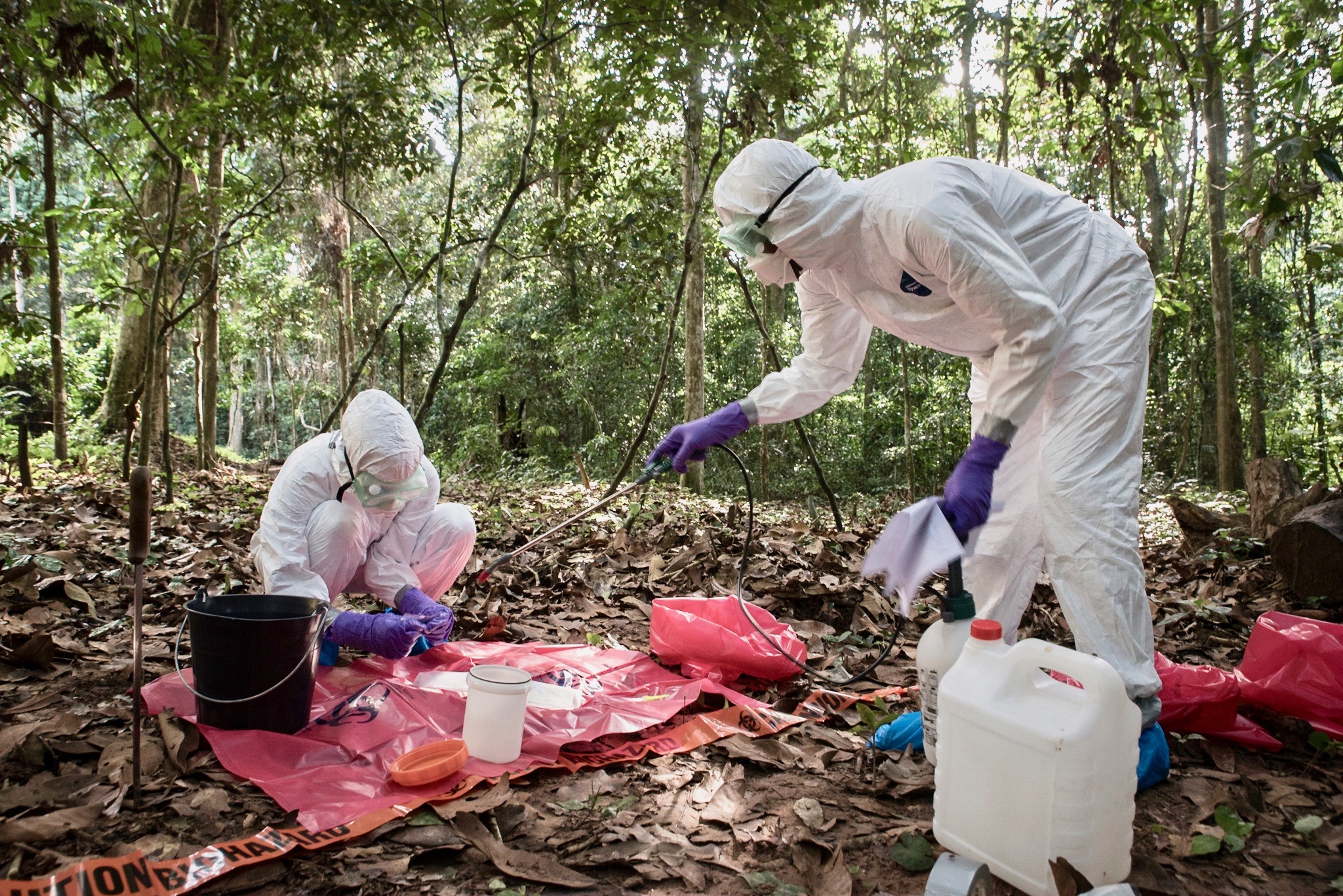Measles on the Rise: Unraveling the Mystery of Breakthrough Infections
Health
2025-04-20 10:00:00Content

Even with Full Vaccination, Breakthrough Cases Can Occur During Major Outbreaks
While vaccines provide robust protection, medical experts emphasize that a small percentage of fully vaccinated individuals may still experience illness during significant disease outbreaks. This phenomenon, known as a breakthrough infection, highlights the complexity of immune responses and the ongoing challenges in disease prevention.
Doctors explain that no vaccine offers 100% guaranteed immunity. Factors such as individual immune system variations, viral mutations, and the intensity of exposure can contribute to rare instances where vaccinated individuals become infected. However, these breakthrough cases typically result in milder symptoms and significantly reduced risks of severe complications compared to unvaccinated individuals.
Understanding these nuanced dynamics is crucial for maintaining realistic expectations about vaccine effectiveness and continuing proactive health measures. Vaccination remains a powerful tool in protecting both individual and community health, even when occasional breakthrough infections occur.
Breakthrough in Vaccine Science: Unraveling the Mysteries of Immunization Resilience
In the ever-evolving landscape of medical research, scientists continue to explore the intricate mechanisms of human immunity, challenging our understanding of vaccination effectiveness and individual immune responses. The complex interplay between medical science and human biology presents a fascinating narrative of protection, vulnerability, and scientific innovation.Protecting Populations, Challenging Conventional Wisdom
The Immunological Paradox of Vaccination
Medical researchers have long recognized that no vaccine provides absolute, impenetrable protection. The human immune system operates as a sophisticated, dynamic network that responds uniquely to different individuals. While vaccination remains the most powerful tool in preventing infectious diseases, subtle variations in genetic makeup, immune system complexity, and environmental factors can influence an individual's immune response. Immunologists have discovered that vaccine effectiveness is not a binary concept of complete protection or total vulnerability. Instead, it exists on a nuanced spectrum where individuals may experience varying degrees of immune response. Some vaccinated individuals might still contract a mild version of the disease, demonstrating the intricate nature of immunological defense mechanisms.Understanding Breakthrough Infections
Breakthrough infections represent a critical area of medical research, offering insights into the sophisticated interactions between pathogens and human immune systems. These rare occurrences provide scientists with valuable opportunities to study immune response variations, genetic predispositions, and potential improvements in vaccine development. Modern medical research employs advanced genomic sequencing and immunological tracking to comprehend why a small percentage of fully vaccinated individuals might experience infection during large-scale disease outbreaks. These investigations go beyond simple statistical analysis, delving into the molecular intricacies of immune system functionality.The Role of Genetic Diversity in Immune Response
Human genetic diversity plays a profound role in determining individual immune responses. Each person's genetic blueprint contributes to a unique immunological profile, influencing how effectively their body recognizes, responds to, and neutralizes potential pathogens. Cutting-edge research suggests that genetic variations can significantly impact vaccine efficacy. Some individuals possess genetic markers that enhance immune system resilience, while others might have subtle genetic configurations that marginally reduce vaccine protection. This genetic complexity underscores the importance of personalized medical approaches and continuous scientific investigation.Technological Advancements in Vaccine Development
The medical community continues to push boundaries in vaccine technology, developing increasingly sophisticated immunization strategies. Advanced computational modeling, artificial intelligence, and machine learning now enable researchers to predict and design more targeted, effective vaccines. These technological innovations allow scientists to create more precise immunological interventions, potentially minimizing breakthrough infection risks. By understanding individual genetic and immunological variations, researchers can develop more personalized vaccination strategies that account for diverse human biological characteristics.Global Health Implications
The ongoing exploration of vaccine effectiveness carries profound global health implications. As infectious diseases continue to challenge human populations, understanding the nuanced mechanisms of immunization becomes increasingly critical. Public health strategies must evolve to incorporate these sophisticated scientific insights, recognizing that vaccination is not a one-size-fits-all solution but a complex, dynamic process of population protection. Continued research, transparency, and adaptive medical approaches will be essential in managing future health challenges.RELATED NEWS
Health

Dogecoin Delirium: How a Meme Cryptocurrency Is Throwing Public Health Officials into Chaos
2025-03-10 21:19:27
Health

Breaking: Global Health Experts Reveal the Ultimate Shield Against Future Pandemics
2025-03-20 10:30:34
Health

Dairy Decoded: The Surprising Truth About Your Gut's Best Friend (or Worst Enemy)
2025-02-26 12:00:00





